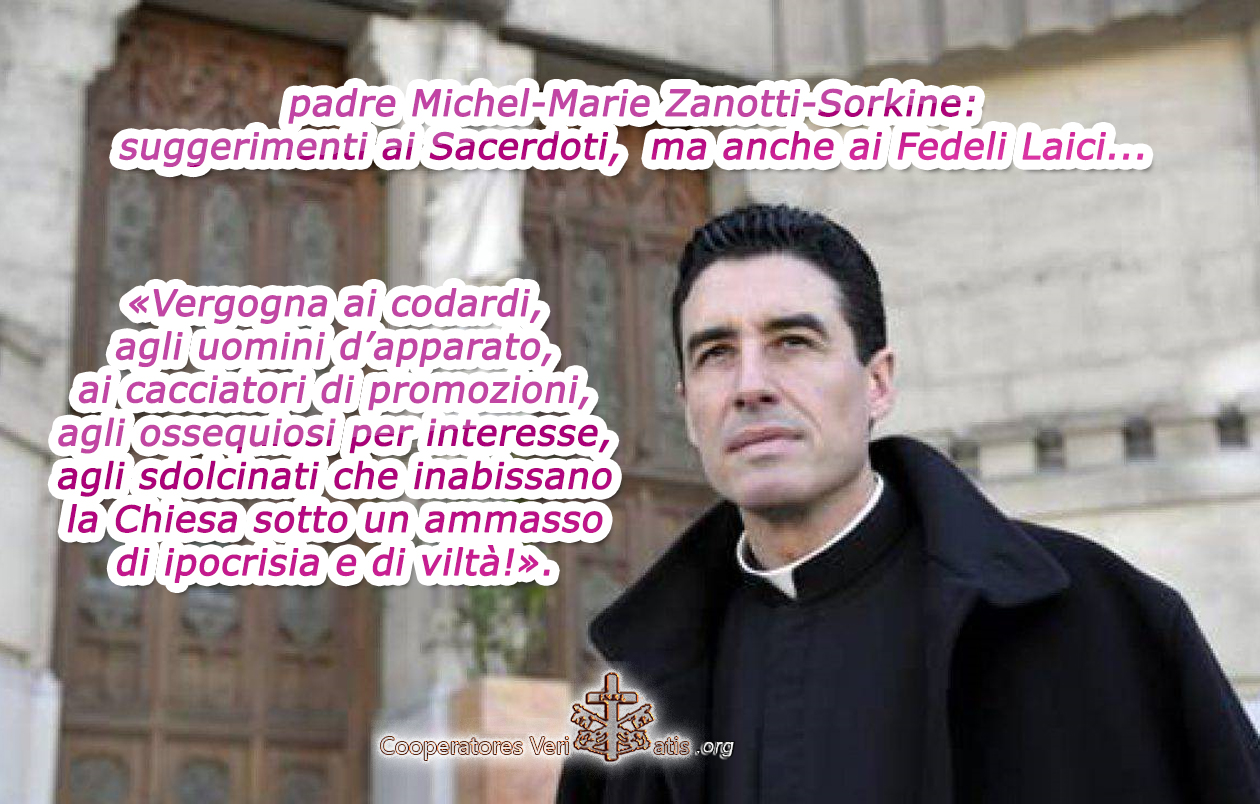Cardinal Rainer Maria Woelki, Archbishop of Cologne (North Rhine-Westphalia)
Archbishop Ludwig Schick of Bamberg (Bavaria)
Bishop Konrad Zdarsa of Augsburg (Bavaria)
Bishop Gregor Maria Hanke of Eichstätt (Bavaria)
Bishop Stefan Oster of Passau (Bavaria)
Bishop Rudolf Voderholzer of Regensburg (Bavaria)
Bishop Wolfgang Ipolt of Görlitz (Saxony)
His Emminence Rainer Maria Cardinal Woelki
Archbishop of Cologne
His Grace Ludwig Schick
Archbishop of Bamberg
His Excellency Konrad Zdarsa
Bishop of Augsburg
His Excellency Gregor Maria Hanke
Bishop of Eichstätt
His Excellency Stefan Oster
Bishop of Passau
His Excellency Rudolf Voderholzer
Bishop of Regensburg
His Excellency Wolfgang Ipolt
Bishop of Görlitz
The Full Text of the 7 Bishops’ Letter:
“Your Eminence, my dear confreres,
In the period from February 19 to 22, 2018, the German bishops met for their Spring Plenary Assembly in Ingolstadt.
Under item IL.1 of the agenda, the Bishops were given for a so-called pastoral handout by the Ecumenical Commission entitled: "On the path of unity with Christ: Confessional marriages and joint participation in the Eucharist" for consultation and decision-making. According to the text, mixed-denominational couples, as a "practical laboratory of unity,” take place in a state in which the separated churches are on their way together towards the goal. Because of the importance of marriages between Catholic and Protestant Christians in Germany, the statement respects “the pain […of those] who share their whole lives but cannot share God's saving presence in the Eucharistic meal.” According to the joint Reformation commemoration in 2017, the handout is intended as a voluntary commitment "to provide every assistance to interdenominational marriages, to strengthen their common faith and promote the religious education of their children," offering concrete help and regulation — as declared together with the Protestant Church in Germany in an ecumenical penance and reconciliation service on 11 March 2017 in the Michaeliskirche.
According to this, an opening to Protestant Christians in denominational marriages to receive Communion via Canon 844 (4) CIC 1983 is to be made possible, since a "gravis spiritualis necessitas" [grave spiritual necessity] is adopted according to the document presented on denominational differences of marriage.
On February 20, 2018, the text presented above on non-denominational marriages and the common participation in the Eucharist was voted on in the Assembly. The document was adopted by a 2/3 majority of the German bishops. Of the 60 bishops present, 13 voted no, including at least seven diocesan bishops. Modi (amendments) may be submitted until 16 March, but they will no longer call into question the fundamental adoption of the document.
Personally, we do not consider the vote held on 20 February to be right, because we do not believe that the issue we are discussing here is a pastoral one, but a question of the faith and unity of the Church, which is not subject to a vote. So we ask you, Your Eminence, to clarify this matter.
1. Is the document presented here a "pastoral handout" — as asserted by some German bishops — and thus merely a pastoral question, or is the faith and unity of the Church fundamentally called for, rather than the determinations made here?
2. Does Article 58 of the document not relativize the faith of the Church, according to which the Church of Jesus Christ is realized in the Catholic Church (subsists) and it is therefore necessary that an Evangelical Christian who shares the Catholic faith with regard to the Eucharist should in which case also become Catholic?
3. According to nos. 283 to 293, it is not primarily the longing for Eucharistic grace that becomes the criterion for [serious spiritual] distress, but rather the common reception of Communion of spouses belonging to different confessions. In our opinion, this distress is none other than which belongs ecumenism as a whole, that is, of every Christian who seriously strives for unity. In our view, therefore, it is not an exceptional criterion.
4. Is it at all possible for a single national episcopal conference, in one particular linguistic region, to make an isolated decision concerning such a question about the faith and practice of the whole Church, without reference and integration into the universal Church?
Eminence, we have many other fundamental questions and reservations about the proposed solution contained in this document. That is why we are voting in favor of renouncing a derogation and, instead, finding a clear solution in ecumenical dialogue to the overall problem of "Eucharistic communion and ecclesial communion" which is viable for the universal Church.
We ask for your help, in the light of our doubts, as to whether the draft solution presented in this document is compatible with the faith and unity of the Church.
We ask God's blessing for you and your responsible duty in Rome and greet you warmly!
Cardinal Rainer Woelki (Cologne)
Archbishop Ludwig Schick (Bamberg)
Bishop Gregor Hanke (Eichstätt)
Bishop Konrad Zdarsa (Augsburg)
Bishop Wolfgang Ipolt (Görlitz)
Bishop Rudolf Voderholzer (Regensburg)
Bishop Stefan Oster (Passau)”






































